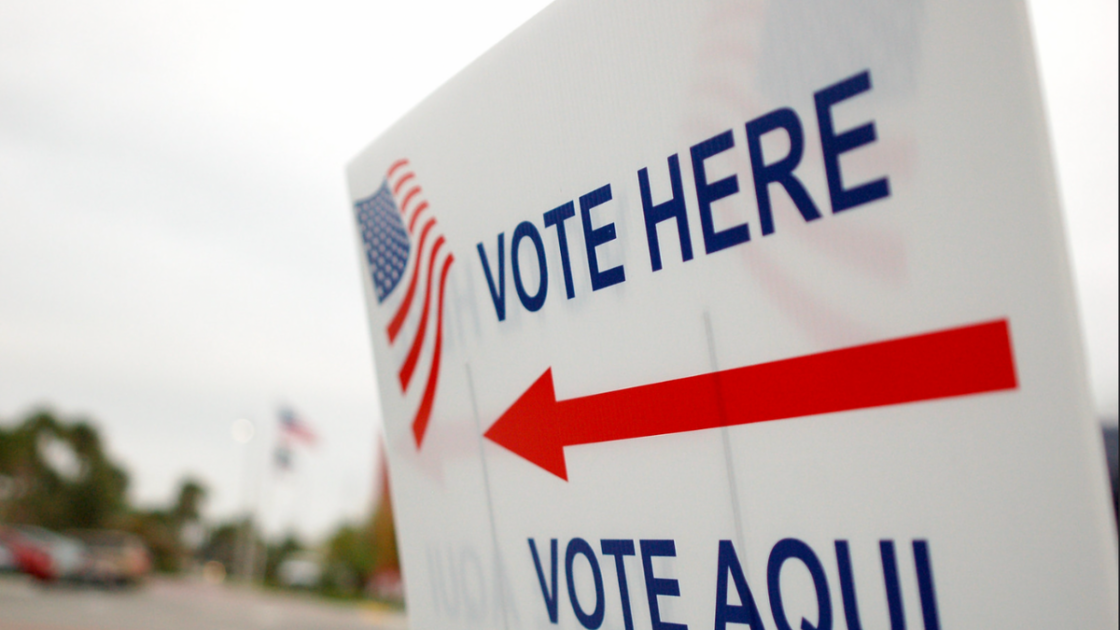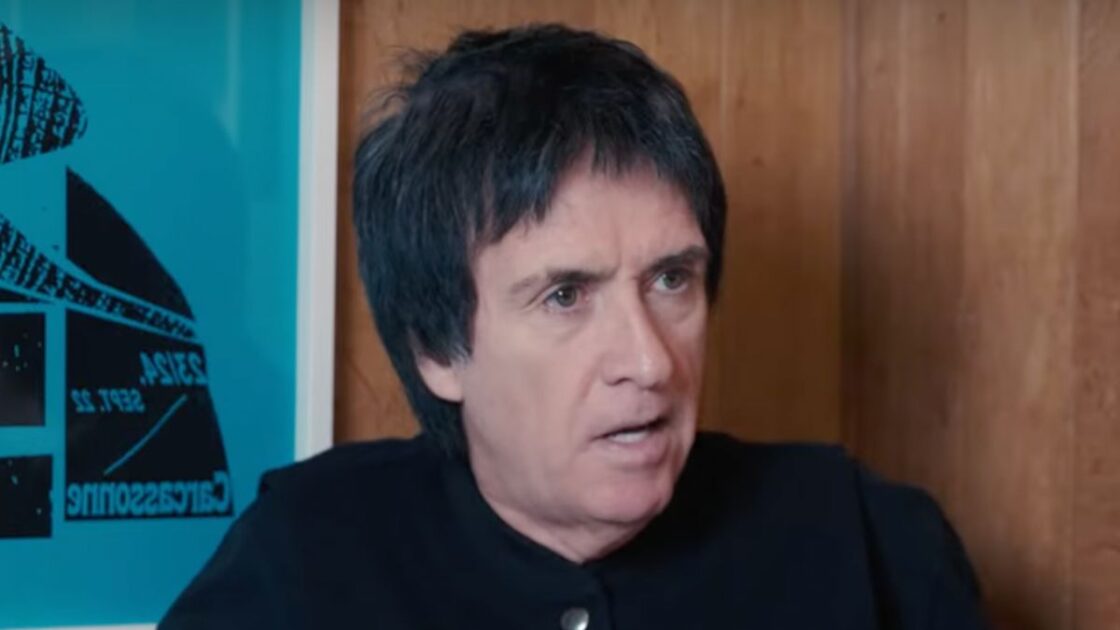U.S. Rep. Carlos Giménez (R-Fla.), the congressman for Florida’s 28th Congressional District in the House of Representatives, sent a warning message to Venezuelan President Nicolás Maduro on Sept. 9.
“Maduro must leave before it’s too late. He still has time to hand the country over to its true and legitimate leaders,” Giménez wrote in a post on X.
In a subsequent post, Giménez, a member of the House Armed Services Committee, noted that the $50 million reward offered by the U.S. government for the capture of Maduro “is still available.”
“Get it while it lasts,” he said.
On July 29, 2024, the day after the elections, Venezuela’s National Electoral Council (CNE) officially declared Maduro the winner, allowing him to continue as president of Venezuela for a third term, without making the electoral records public.
Since then, Maduro’s political opposition has denied the results issued by the CNE, claiming that the electoral records obtained by its witnesses show presidential candidate Edmundo González as the winner with 67 percent of the vote.
The U.S.-based Carter Center, accepted by the Maduro government to observe the elections, stated in a report that it “cannot verify or corroborate the authenticity of the presidential election results declared by the CNE” because it took place in “an environment of restricted freedoms to the detriment of political actors, civil society organizations, and the media.”
Other organizations, such as Human Rights Watch, have reported a notable increase in arbitrary detentions, forced disappearances, and other crimes against humanity by the Maduro-led Venezuelan government against opposition members and Venezuelan citizens following the 2024 elections.
To date, nearly 7 million Venezuelans have fled the country since 2018, when Maduro became president, according to refugee and immigrant organization R4V.
In recent weeks, the United States has deployed military forces in Latin American and Caribbean waters to block drug traffickers’ maritime routes, along with raising the reward to $50 million for the arrest of Maduro, whom the U.S. government accuses of leading the Cartel of the Suns, a narco-terrorist organization based in Venezuela.
U.S. Secretary of State Marco Rubio, for his part, said in a statement in July that “Maduro is NOT the president of Venezuela, and his regime is NOT the legitimate government.”
“Maduro is the leader of the Cartel of the Suns, a narco-terrorist organization that has taken over a country. And he is accused of smuggling drugs into the United States,” the secretary of state added.
In response to these moves, Maduro has denied the allegations and accused the United States of seeking regime change. On Sept. 1, he stated that his country was at “maximum readiness” and that, if attacked, he could constitutionally declare a “republic in arms.”
Venezuelan opposition leader María Corina Machado has said that she and her team, which includes González, are ready for an orderly and peaceful transition to democracy.
“We are going to take territorial and institutional control with the best Venezuelans; many are within the public administration, others in the private sector, and still others outside the country,” Machado said in a post on X on Sept. 3.
“We need honest, talented people willing to give their all to the transformation of Venezuela. All good Venezuelans will be needed to transform a ruined country into a true LAND OF GRACE,” she added.
If you found this article interesting, please consider supporting traditional journalism
Our first edition was published 25 years ago from a basement in Atlanta. Today, The Epoch Times brings fact-based, award-winning journalism to millions of Americans.
Our journalists have been threatened, arrested, and assaulted, but our commitment to independent journalism has never wavered. This year marks our 25th year of independent reporting, free from corporate and political influence.
That’s why you’re invited to a limited-time introductory offer — just $1 per week — so you can join millions already celebrating independent news.








